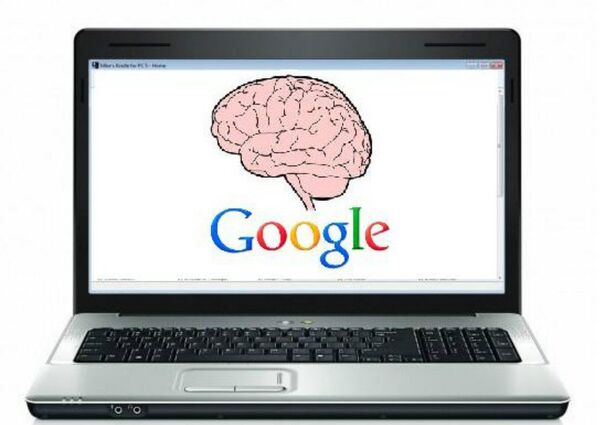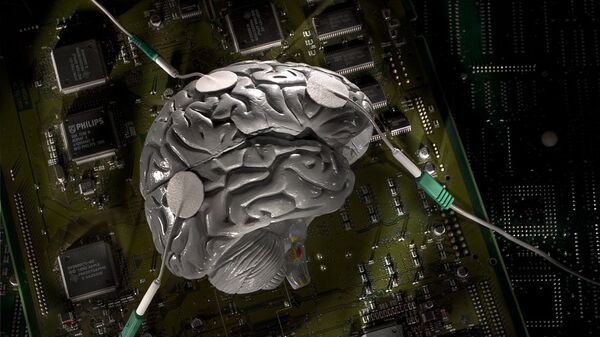Professor of Developmental Psychology Bruce Hood has revealed that many people become addicted to social media due to the way our brain has evolved.
In his latest book, Domesticated Brain, the award-winning American psychologist suggests that around 20,000 years ago, the human brain began shrinking because humans were starting to become domesticated and were turning into social creatures that thrive on gossip.

While our hunter-gatherer predecessors were geared up for a constant battle to survive, we no longer need to be.
The scientist says that as people settled into fixed communities, their brains relaxed and the idea of not needing to outwit everyone became stronger.
This in turn opened up more scope for higher thinking and marked the beginnings of a ‘group intelligence’ – when we started passing knowledge down through the generations.
"The fact that many people have a compulsion to engage with lots of people via social media isn’t really that surprising. Our brains have evolved for us to be social animals," the psychologist suggests.
One would then think that the wider exposure to different views on social media would make people more open-minded. However the scientist says that it is not the case.
"What’s interesting is that you might assume that the wider exposure to differing views that social media brings would make us all much more open-minded. What we see in reality, of course, is the opposite. People seem more likely to slot into niche groups of thought online than in real life,’ he states.




